Ingéniérie
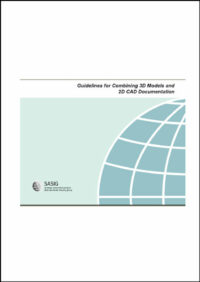
Guidelines for Combining 3D Models and 2D documentation
The automotive industry has increased the use of 3D CAD systems, beginning with the development stage and moving toward manufacturing and customer support. Traditionally, 2D drawings have been the medium used in manufacturing. Standards and best practices have been well established and universally adopted. Although 3D models are becoming more widely accepted and used, there are no standards, resulting in various problems being experienced within the automotive industry. The SASIG consortium has completed a project to establish standards for combining 3D models and 2D drawings. The results hereby published are these guidelines for combining 3D models and 2D CAD information. This document complements the “SASIG 3D Annotated Standard” recommendation.

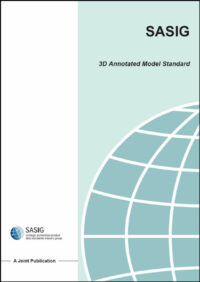
3D Annotated Standard
Today’s technical drawings usually include a combination of a 3D model and a 2D drawing. Tomorrow’s technical drawings will incorporate only a complete annotated model containing all of the information necessary to manufacture a part. This document follows closely and intends to complement the enhance the content of the ISO 16792 standard “Digital Product Definition Data Services” by addressing all the types of information required in a technical drawing within a 3D model. This recommendation defines how to document all the information necessary for all areas (i.e. design, manufacturing, service) in a product creation process. This document complements the “SASIG Guidelines for Combining 3D Models and 2D documentation”.

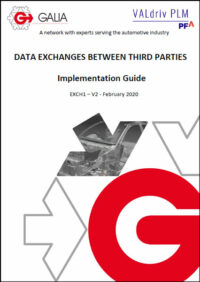
Data exchange between third parties Guidelines
This document is a guide for implementing exchanges between the various CAD and PLM platforms used in the French automotive industry. This guide is dedicated to all users and provides information for understanding and mastering the different exchange formats, as well as their use in daily exchanges, in the context of the various identified use cases. It presents the data exchange standard business cases used in the French automotive industry and what are the recommendend standards for each situation.

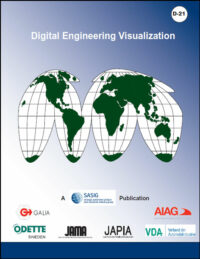
Digital Engineering Visualization
This document identifies what Digital Engineering Visualization technology is, and how it can be utilized. From within the Automotive OEM & Supplier membership, key players have made a concentrated effort to identify the tools and technologies that can significantly enhance the industry’s ability to decrease its costs and time to market. The document also covers the who, when, where, and why of utilizing Digital Engineering Visualization tools.

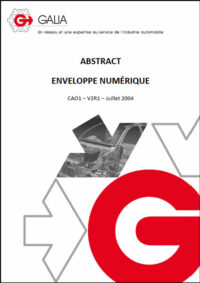
ABSTRACT
Ce document traite de la dématérialisation du bordereau d’expédition qui accompagne le transfert de données techniques et définit la nature des données et leurs consignes d’emploi.

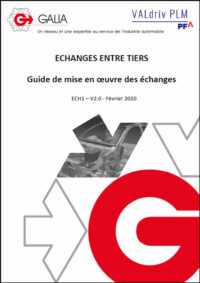
Guide de mise en oeuvre des Echanges entre Tiers
Ce document est un guide de mise en œuvre des échanges entre les différentes plateformes CAO et PLM utilisées dans la filière automobile française. Ce guide s’adresse à tous les utilisateurs, et fournit les informations nécessaires à la compréhension et à la maîtrise des différents formats d’échanges, ainsi que leur utilisation dans les échanges quotidiens, dans le contexte des différents cas d’utilisation recensés. Il présente aussi les business cases standards d’échange utilisés dans l’industrie automobile française et quels formats utiliser dans chacune des situations présentées.


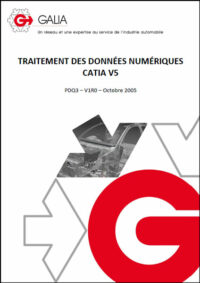
Traitement des données numériques CATIA V5
Ce document présente les critères à respecter afin de s’assurer de la lisibilité et de l’exploitabilité des données issues de CATIA Version 5, en mode fichier, et ainsi garantir la qualité optimale des échanges de données CATIA V5 entre donneurs d’ordre et équipementiers automobiles.

